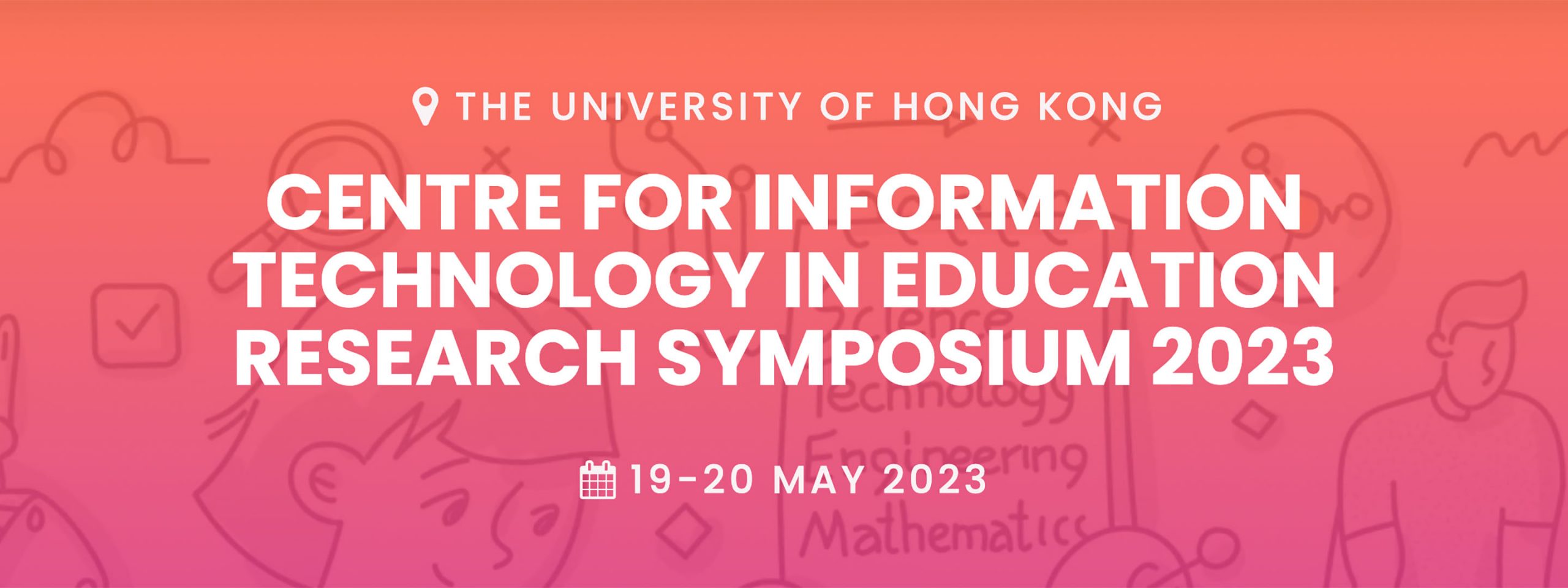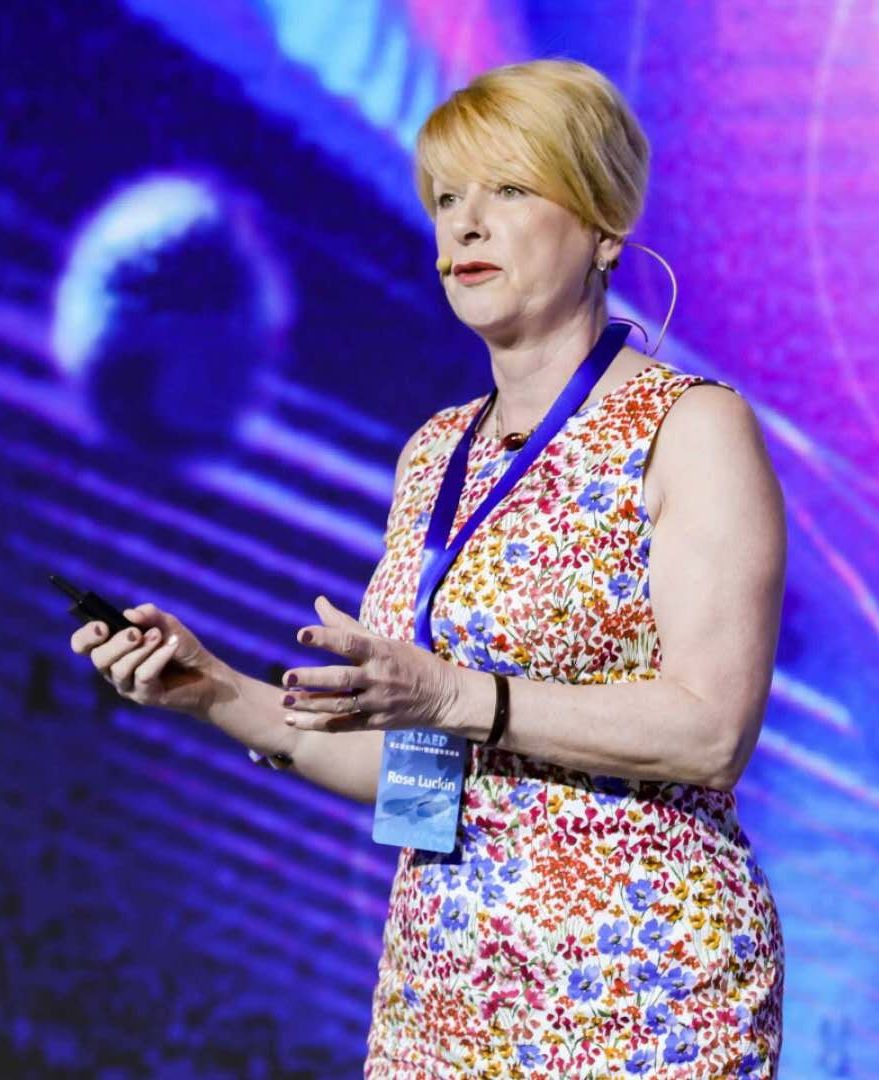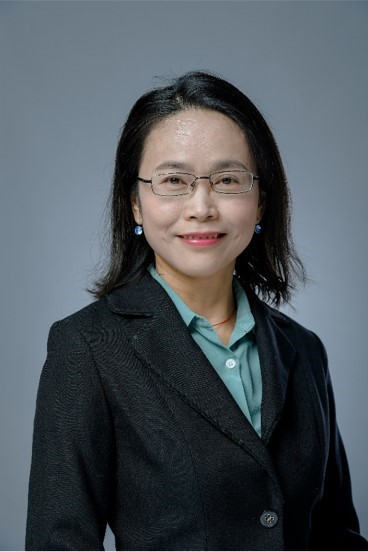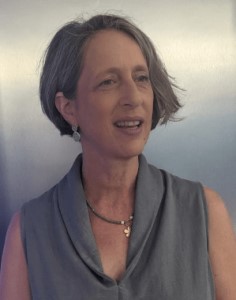
Centre for Information Technology in Education Research Symposium 2023 (CITERS 2023)
HKU IDS is thrilled to announce that we will be co-organising the CITE Research Symposium 2023 with the Centre for Information Technology in Education (CITE), Faculty of Education at the University, this year!
The symposium welcomes researchers, practitioners and people of related fields to share ideas, research findings and good practices, and join discussions on various topics that aim at building new knowledge about learning and transformative use of technology.
Themes
This year’s research symposium will be themed “Empowering Communities and Transforming Learning“, and surround the following sub-themes:
- AI in Education
- Learning and Teaching with Emerging Technologies
- Learning Design and Development
- Culture, Technology, and Learning
- Measurement, Assessment, and Analytics in Learning
Keynote

Games can be powerful vehicles to support learning, but this hinges on getting the assessment part right. Over the past decade, we have designed, developed, and evaluated a number of stealth assessments in games to see: (a) if they provide valid and reliable estimates of students’ developing competencies (e.g., in the areas of qualitative physics understanding, creativity, and persistence); (b) if students can actually learn anything as a function of gameplay; (c) the added value of inserting engaging learning supports (cognitive and affective) into the mix; and (d) if the games are still fun with the embedded assessments and supports. My presentation will cover the topic of stealth assessment in games to measure and support important 21st century competencies. I’ll describe why it’s important, what it is, and how to develop/accomplish it. I’ll also provide examples and videos in the context of a game we developed called Physics Playground.
Speaker
Valerie Shute is a Professor Emerita in the Department of Educational Psychology and Learning Systems at Florida State University. For more than four decades, she’s been involved with basic and applied research related to measurement, assessment, cognitive diagnosis, individual differences, and learning from advanced instructional systems. Her general research foci hover around the design, development, and evaluation of learning–particularly related to 21st century competencies. Over the past decade, her work has mainly focused on creating and using games with stealth assessment to support learning—of cognitive and noncognitive knowledge, skills, and dispositions (e.g., physics, problem solving, creativity, persistence). Her research has resulted in numerous grants, journal articles, books, chapters in books, as well as a patent (U.S. Patent #7,828,552: Method and System for Designing Adaptive, Diagnostic Assessments, 2010), and she has accrued over 21,000 citations and h-index = 62 according to Google Scholar. For more details on her research and publications see http://myweb.fsu.edu/vshute/.

The scaled use of generative AI tools, such as ChatGPT, has awoken the educational world to the realization that AI is here, our students are using it and their future careers will evolve because of it. AI in education is not new, but until now, those of us urging educators to pay attention to the way in which AI is implemented and adopted in education have struggled to be heard. Educators have simply been too busy to be able to attend to a technology that felt alien and disconnected from their key mission: to educate their students. It is not that AI has been missing from education, it is that AI has not been visible, it has not drawn attention to itself, and most people have not considered what it means to form a relationship with AI. And yet, that is exactly what we must now do, we must decide what our relationships to AI should be, as individuals, as educators, for our students and as a society.
The situation that we now find ourselves in is not necessarily optimal for education. The data and algorithms are not always controlled by the people we might have chosen to take up this role. So, what can we do? In 2018 the Institute for Ethical AI in Education was founded with a mission to develop a framework of guidelines to assist educators to make the best use of AI, whilst protecting themselves and their students from potential harm. In this talk, I will discuss the manner in which the IEAIED framework was created and the challenges that arise when trying to operationalize the guidelines for use in classrooms. I will draw on findings from a case from an international school group, who are determining what frameworks, such as that created by the IEAIED, mean in reality in terms of policy and practice within education.
Speaker
Rosemary (Rose) Luckin is a UCL Professor renowned for her research into the design and evaluation of educational technology, in particular Artificial Intelligence (AI). She was named as one of the 20 most influential people in education in the Seldon List, 2017, and is frequently asked to provide expert evidence to policy makers, in both Houses of the UK Parliament and the European Commission.
Rose has published prolifically in academic journals, books and conference proceedings. Her 2018 book: Machine Learning and Human Intelligence: The Future of Education for the 21st Century is available in English and Mandarin. In this book, Rose describes how AI can be used effectively to support teaching and learning. Her most recent book, published in 2022, is a collaboration with award-winning head teacher Karine George. AI for Schoolteachers is an essential and accessible guide to AI for anyone involved in education. Rose is also lead author of Nesta’s influential Decoding Learning report published in 2012 and Pearson’s Unleashing Intelligence, published in 2016.
Rose is also Founder of EDUCATE Ventures Research Ltd., a London hub for educational technology start-ups, researchers and educators involved in evidence-based educational technology and leveraging data and AI for educational benefit.
Rose has taught in the secondary, further education and university sectors and is president of the Self-Managed Learning College in Brighton. She has also spent time in University Management as a Director of Undergraduate Studies and Pro Vice Chancellor.

With the rapid development of information technology, adaptive learning has become a crucial aspect in the field of education, offering efficient, effective, and customized learning paths to engage students. However, the existing adaptive learning systems lack a comprehensive digital portrait of students, hindering the ability to identify students’ Zone of Proximal Development. Fortunately, learning analytics community has developed a quite numerous techniques to collect various types of data about learners, which can be used to create learner profiles. These profiles have been leveraged to better support learning, including personalized recommendations for readings and activities linked to learning design.
When building a comprehensive learner profile, it is essential to consider not only the knowledge acquisition but also the competencies and skills of learners in line with the 21st-century skills theory. Although some studies have used learning analytics techniques to collect learners’ behavioral data and explore their competencies or skills, such as critical thinking skills, there is still a gap between the research findings and the learner profiles built by existing adaptive learning systems. It has been noted that existing adaptive learning systems do not adequately utilize existing research results to create learner profiles or comprehensively synthesize learning analytics data to build such profiles, focusing mainly on students’ mastery of knowledge.
I will be presenting the report on our adaptive learning project, which we have been developing for several years. The novelty of this system, is that we are putting the studies of learning analytics community, to build a full-scale learner profile, as the learner model in our adaptive learning system. In summary, the presentation will focus on building a full-scale learner profile and an AI adaptive learning system.
Speaker
Professor Xiaoqing Gu is a professor and head of Department of Educational Information Technology, Faculty of Education, East China Normal University, China. She is the head of Shanghai Engineering Research Center of Digital Education Equipment, and now leads the AIED research community with scholars and practitioners. Professor Gu has long been engaged in the research and practice of educational informationization. Her research interests include the areas of learning science and learning technology, computer-supported collaborative learning (CSCL), learning analytics and learner profiling, ICT-integrated pedagogical innovation in which she has published more than 150 publications in internationally journals and conferences, more than 10 books and teaching materials. Professor Gu is the chief editor of IJSmartTL (International Journal of Smart Technology and Learning), board member of Journal of Computer Assisted Learning, Education Technology Research and Development, The Internet and Higher Education, Journal of Computer in Education, International Journal of Computer-Supported Collaborative Learning, and Journal of East China Normal University (Educational Science).

The United Nation’s 4th sustainable development goal calls for inclusive and equitable quality education for all. This includes broad educational goals such as supporting students’ agency to navigate a complex and uncertain world with broad sets of knowledge, skills, attitudes, and values. Based on our work at the Taking Citizen Science to School (TCSS) research center, I find an opportunity to achieve such goals in school participation in a social phenomenon, known as citizen science, where scientists partner with the public to advance scientific research. However, implementation, not to mention scaling-up of school participation in citizen science endeavors are hard-to-achieve. To address this, TCSS has developed unique modus operandi to work in multi-expertise partnerships, whereby teachers, students, school administrators, environmental activists, educational policymakers, and scientists join forces. Sharing their expertise, the various partners in these research-practice partnerships co-design technology-enhanced learning environments that open up exciting opportunities for school students to take part in real scientific research, while also conducting their own inquiry projects. For example, in the project Sleep is One-Third of Our Life, schools help develop sleeping journals for collecting data and exploring youths’ sleeping habits. To support participants in coalescing insights across settings and expertise, a web-platform has been developed for sharing implementation stories conveying various stakeholders’ perspectives, and curriculum materials employing design principles that connect emerging insights from research and practice. Findings highlight the potential of this approach to transform learning of students, school practitioners and scientists, as well as guidelines for supporting these unique partnerships.
Speaker
Yael Kali is a Professor of technology enhanced learning at the University of Haifa, and a fellow of the International Society of the Learning Sciences since 2021. She is the founding director of two Israeli centers of research excellence—Learning In a NetworKed Society (LINKS, 2012-2018) and Taking Citizen Science to School (TCSS, 2017-2023). Using design-based research and design-based implementation research, Kali explores technology-enhanced learning and teaching at various contexts and age levels, from junior high school to higher education, and as part of teacher professional development programs. Her work focuses on the role of design principles for supporting learning and collaborative design, especially within networks of research-practice partnerships. She has served as an Associate Editor for the journal Instructional Science from 2012 to 2020, and was a visiting scholar at the Centre for Research on Computer Supported Learning & Cognition, University of Sydney (2010-2011), and at the School of Education, University of Colorado Boulder (2018).
Key Dates
| Important Events | Dates |
|---|---|
| Deadline for Proposal Submission | April 15, 2023 (Sat) |
| Notification of Acceptance | April 24, 2023 (Mon) |
| Deadline for Symposium Registration | April 28, 2023 (Fri) |
| Release Symposium Program | May 5, 2023 (Fri) |
| CITERS 2023 | May 19 – 20, 2023 (Fri- Sat) |
